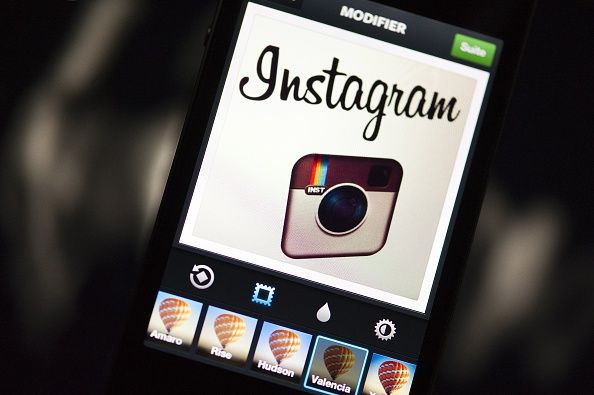Does Instagram Have A User Growth Problem?

It's been a while since Facebook (NASDAQ:FB) provided investors with an update on Instagram's user growth. Management said it had 1 billion monthly active users in June 2018, and it last updated its DAU count for Stories at 500 million nearly a year ago. Prior to its 1 billion user announcement a year and half ago, the tech company had been providing regular milestone updates about every six months.
One reason for the lack of updates may be a slowdown in user growth; if Facebook doesn't have any good news to share, it's not going to say anything. Instagram's estimated user growth in the U.S. fell to just 6.7% last year, down from 10.1% growth in 2018, according to eMarketer. And while the U.S. is likely Instagram's most saturated market, the trend suggests Instagram is seeing a sharp decline in user growth rates.
Combined with a disclosure from management that it has saturated ad load in the Instagram feed, a slowdown in user growth could produce lower-than-expected revenue from the app that accounted for a significant portion of Facebook's total revenue growth last year.
Why is growth slowing?
There are a few reasons Instagram may be experiencing slower than anticipated user growth.
First, older users are a particular area of weakness. Instagram appeals to the 13- to 35-year-old demographic much more than older users. Instagram has leaned into that demographic instead of trying to appeal to a broader audience, so it's not a big surprise that older consumers aren't as attracted to the platform.
However, Instagram has seen increased competition for its target demographic. Snap (NYSE:SNAP) saw a return to user growth in 2019 thanks to its revamped Android app, and TikTok has emerged as a competitor for younger users' time on mobile devices.
That said, there's still a wide gap between Instagram's user count and the competition. Snap said it had 210 million daily active users during the third quarter. That's still well behind the 500 million daily users Facebook reported for Instagram Stories last January. Still, with greater market penetration, further user growth will be more difficult going forward.
Is it a problem for Facebook?
The slowdown in user growth shouldn't concern investors too much.
Facebook has been facing relatively slow user growth on its flagship platform for years, and it's seen saturation of ad load in its feed for even longer than Instagram.
Facebook's user growth for its main app fell below 8% last quarter. But Facebook has managed to increase engagement on the platform, even in the highly saturated North American market. Meanwhile, ad product improvements have led to higher average prices for comparable ads, bolstering the metric despite the rapid increase in lower-priced Stories-based ads.
Instagram should be able to follow a similar trajectory as its big sister. Facebook introduced several high-value ad formats for Instagram last year focused on e-commerce, which ought to produce strong growth in average ad price.
Additionally, Instagram sees much greater engagement in its Stories product than Facebook's other apps. As Facebook grows the advertising products and demand for Stories-based ads, Instagram revenue growth should continue climbing at a relatively high growth rate.
Indeed, eMarketer expects Instagram's revenue growth in the U.S. to come in at 46.6% this year, down only slightly from the 52.9% growth it saw last year. By comparison, it expects Snapchat's global revenue growth to total just 33% this year. Instagram benefits from its significantly larger audience and relationship with Facebook driving demand for its ad products over Snapchat and other competitors. That competitive advantage isn't going away anytime soon (or ever).
Despite a slowdown in user growth, Instagram will remain a massive revenue growth driver for Facebook in 2020 and beyond.
This article originally appeared in the Motley Fool.
Randi Zuckerberg, a former director of market development and spokeswoman for Facebook and sister to its CEO, Mark Zuckerberg, is a member of The Motley Fool's board of directors. Adam Levy owns shares of Facebook. The Motley Fool owns shares of and recommends Facebook. The Motley Fool has a disclosure policy.





















